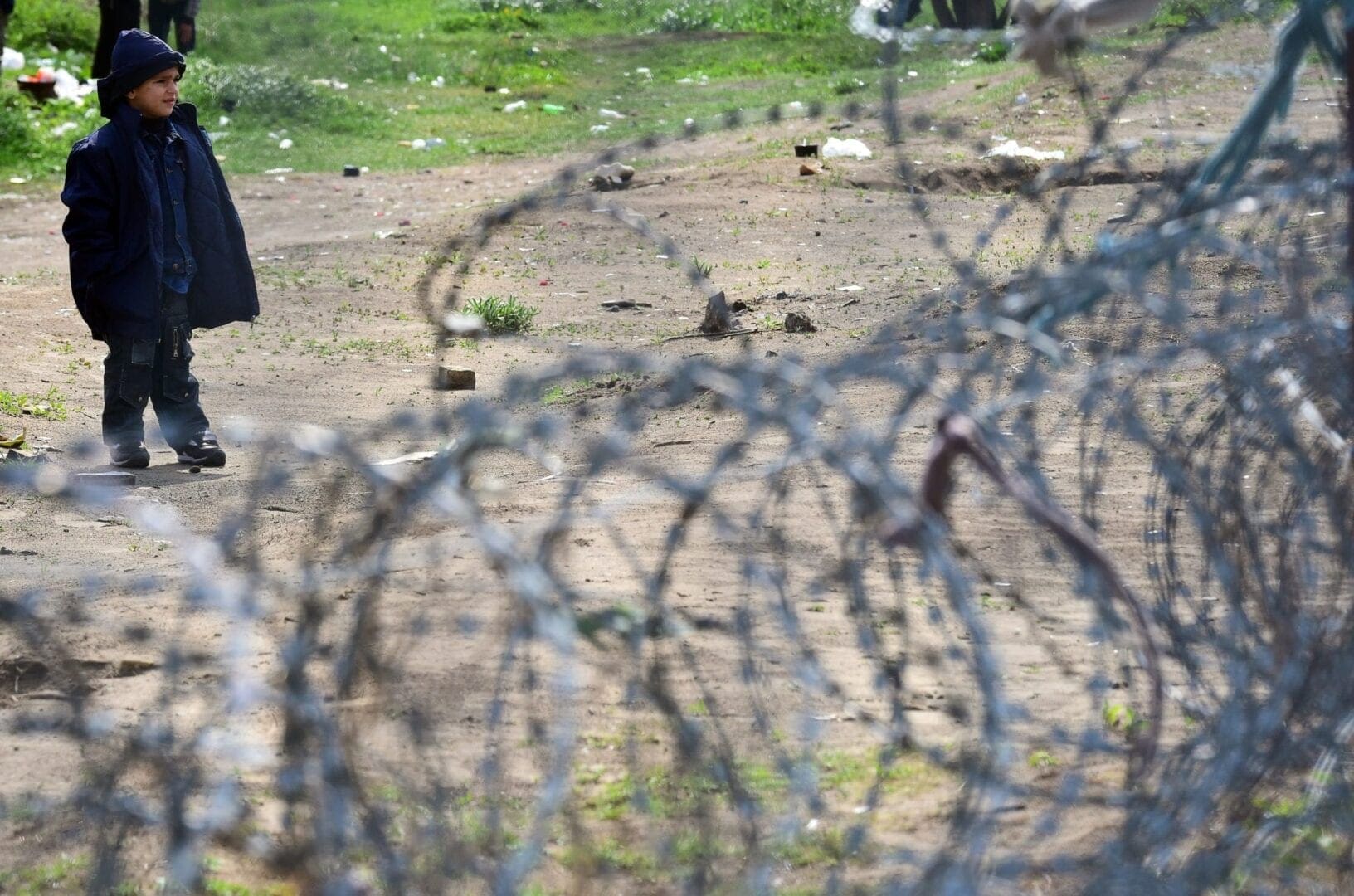Following the passing in Hungary of a package of punitive laws, including one criminalizing lawful migration-related work by activists and NGOs, Amnesty International’s Europe Director, Gauri van Gulik said:
“It is a bitter irony that as the world marks World Refugee Day, the Hungarian Parliament voted today to introduce a law that targets organizations and individuals who support asylum-seekers, refugees and migrants.
“Criminalizing essential and legitimate human rights work is a brazen attack on people seeking safe haven from persecution and those who carry out admirable work to help them. It is a new low point in an intensifying crackdown on civil society and it is something we will resist every step of the way.
“We will push back against the rising tide of institutional intolerance towards refugees, asylum-seekers and migrants and the attempts to stigmatize, intimidate and frighten Hungarian civil society organisations.
“The unflinching work of organisations that defend rights in Hungary is more vital than ever, and we are committed to standing shoulder-to-shoulder with them.”
Background
The briefing Hungary: New laws that violate human rights, threaten civil society and undermine the rule of law should be shelved is published today.
The bill passed by Parliament today with an overwhelming majority, criminalizes a range of lawful activities in support of asylum-seekers, refugees and migrants, all protected under both international human rights law and EU law. Those who fall foul of the law can face up to 1 year in prison.
A separate bill proposing a “seventh amendment” to the Constitution was also adopted. It undermines human rights and the rule of law in Hungary as it bans the re-settlement of foreign populations; restricts people’s ability to peacefully protest; undermines the independence of the judiciary; criminalizes homelessness; and requires that state authorities protect Hungary’s “Christian culture”.
Taken together, these changes to Hungarian law pose a serious threat to the right to seek asylum, freedom of movement, freedom of assembly and expression and the right to be free from discrimination.

